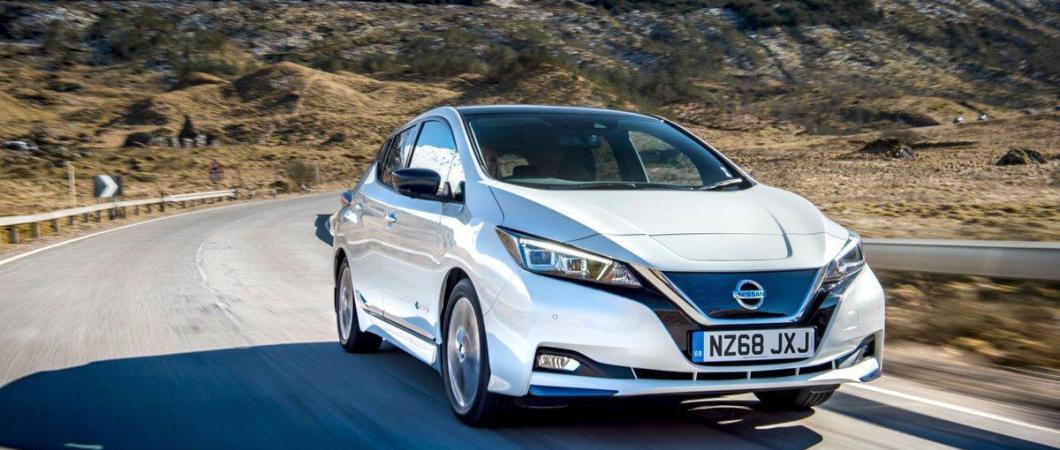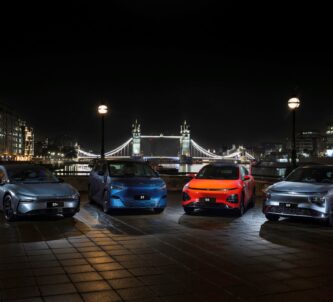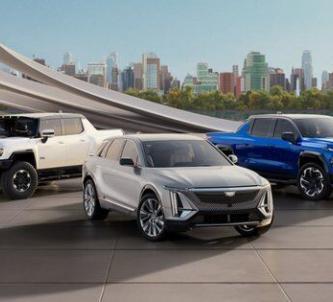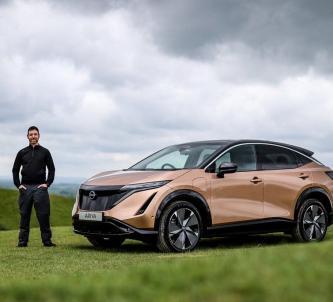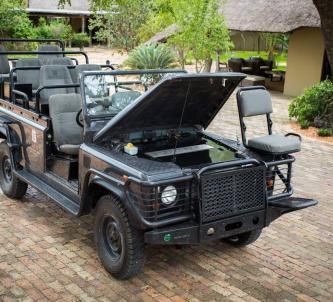When the batteries in your flashlight or wireless mouse run out, most people just replace them and throw the old ones in the bin¹, but what do you do with a battery powering a car?
This week EDF Energy and Nissan signed an agreement to work together on a number of projects that will support the adoption of electric vehicles, energy generation and storage solutions, starting with a cunning plan to use old electric vehicle (EV) batteries to help power the UK’s electricity grid.
EDF Energy produces around one-fifth of the UK’s electricity, generated from mostly low-carbon sources and has developed a responsive load balancing system called Powershift to offset troughs and spikes in demand by using batteries to store & release electricity. Storage systems offer a lower carbon solution compared to relying on coal and gas power stations to meet peaks of electricity demand on the grid.
The first joint project will see the partners explore the business case for recycling retired batteries from Nissan LEAF cars into commercial battery storage. These batteries have as much as 70 percent of their original capacity and will still have more than 10 years of remaining life. The hope is that millions of used electric vehicle batteries will become available for the energy storage market.
Francisco Carranza, Director of Energy Services, Nissan Europe, which makes the all-electric LEAF in Newcastle, said: “Our second life programme ensures batteries from our cars continue to provide energy storage capacity in other applications – in houses, businesses, football stadiums even – long after their life in cars. It’s an exciting prospect and we look forward to working closely with EDF Energy on these developments in future.”
Think of an electric car as a battery on wheels – power can go both ways!EDF Energy and Nissan will also work on developing the market for electric vehicles in the UK. EDF has been collaborating with several EV manufacturers on developing low-carbon electricity charging stations for EVs. Their target is to become the leading power supplier for electric vehicles by 2022, supplying power for 600 000 electric vehicles, equating to 30% of market share in France, the UK, Italy and Belgium. Starting in 2019, the Group will have a range of offerings including low carbon electricity, a charging solution for all its customers with access to a parking space, and services geared towards optimised charging and use of the vehicle’s battery.
As EV strategist, Koldo Crespo² said to me last year “Think of an electric car as a battery on wheels – power can go both ways!”
For example, smart charging systems mean that when you get home in the evening you can plug your car in and supplement your home’s power demand (at peak charge rate) while you’re cooking supper. Then the system automatically switches back to recharge your car when off-peak charging kicks in at night.
¹ I used to take my old batteries, in batches, to a local supermarket that recycled them… but then they were taken over by another brand that didn’t! 🙁
² Electric Menorca

